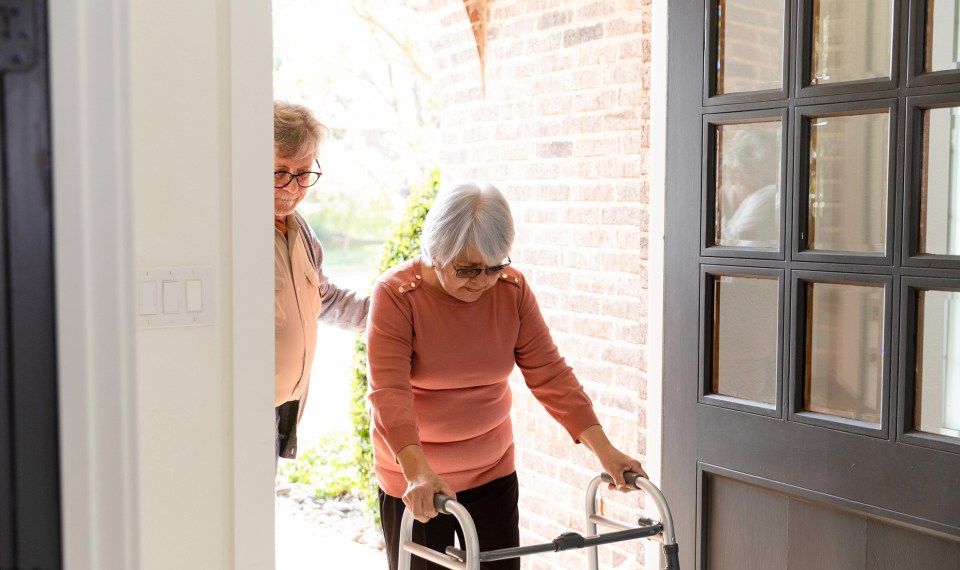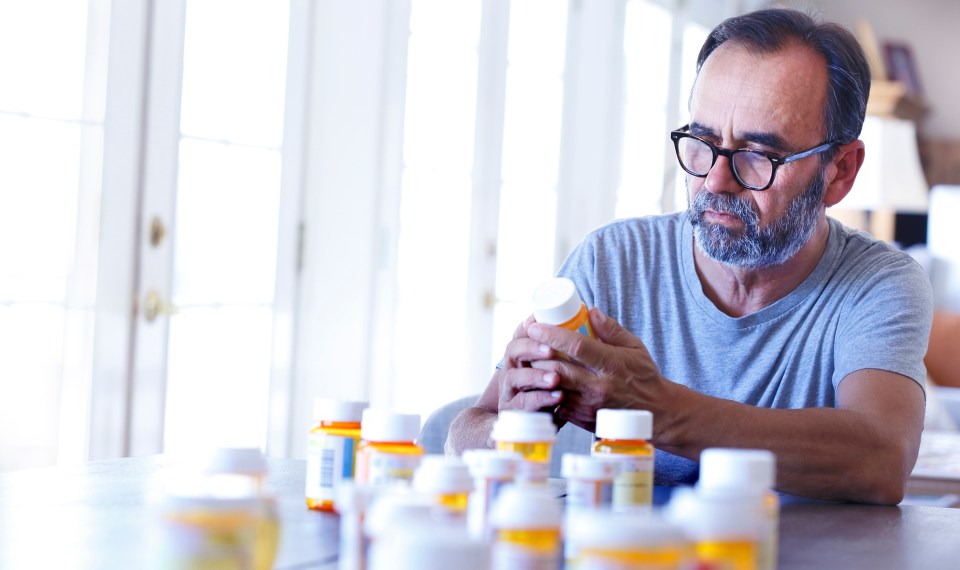The new year is about new beginnings, and for many of us that means New Year’s resolutions. If you’re contemplating what yours should be this year, consider the following suggestions to stay healthy and active as you age.
Learn Something New
Studies show that learning something new when you get older keeps your mind sharp and can even ward off dementia. Maybe you pick up a new hobby such as knitting or you enroll in a class at your local community college. It’s never too late to learn something new. Not only will it help keep your mind sharp, but also, depending on the activity, it is an opportunity to meet new people.
Staying social as you age is key to warding off loneliness and isolation. Joining a new club or program stimulates your mind and introduces you to new people at the same time. Check with your local senior center or parks and recreation department to see what options are out there. Libraries and churches also offer opportunities for learning and/or gathering.
Get Active
Exercise is important at any age, and it offers many benefits as you get older. Make a commitment to add exercise into your daily routine, even if it’s just light exercise. The CDC recommends those 65 and older get at least 150 minutes of exercise per week, or about 30 minutes five days a week. The benefits of exercise for senior adults are endless, including:
- Improving bone density and preventing bone loss
- Helping decrease arthritis pain
- Aiding in the management of chronic health conditions
- Boosting your mood
- Improving cognitive function
Don’t know where to start? Here are a few moderate exercise suggestions to help you stay active as you age.
Drink More Water
As you age, the importance of staying hydrated is even greater. In fact, studies show that seniors are more vulnerable to dehydration, which is a leading cause of hospitalizations in older adults. The average person needs six to eight cups of water each day, but as you age, you may need even more. While that may sound like a lot, you don’t have to get all your daily intake from water alone. Incorporate foods with high water content, such as cucumbers and watermelon. Also, mix it up. Add fruit to your water or try a low sugar sports drink. Just be aware that not all liquid beverages count toward your water intake and beverages like alcohol, coffee and tea could even negate it. These are diuretics and could dehydrate you, especially if you consume too much of them.
Get a Good Night’s Sleep
If you wake up each morning feeling tired and irritable, you’re likely not getting enough sleep. The National Institute on Aging (NIA) recommends seniors over the age of 65 get seven to nine hours of sleep each night. However, for many older adults that’s not as easy as it sounds. If that is the case for you, make a resolution to develop a healthy sleeping routine, and follow it every night—even on weekends and when traveling.
The NIA offers the following strategies to develop a healthy sleeping routine:
- Go to bed and get up at the same time each day
- Don’t nap late in the afternoon
- Exercise regularly, but not within three hours of bedtime
- Avoid caffeine late in the day
- Use your bedroom for sleeping only and keep it at a comfortable temperature
- Limit screen time in the hours before bed
Eat More Antioxidants
There’s no cure for aging, but if you want to slow the process, a good start is adding antioxidants to your diet. Aging is the result of the accumulation of oxygen radicals over time. One way to delay or slow aging: include plenty of antioxidants in your diet. Antioxidants protect your cells from the damage caused by oxygen radicals.
Some examples of antioxidants include vitamins A, C and E, as well as copper, selenium and zinc. Foods high in these antioxidants include sweet potatoes, fish, poultry, mushrooms, oysters, legumes and more.
While you may not need as many calories as you once did when you were younger, your body still needs nutrients. The best way to do that is with fresh, whole foods, not pre-packaged ones. While supplements can provide needed nutrients, they are not meant to replace food and beverages. In fact, the Dietary Guidelines for Americans states that your nutritional needs should come primarily from food and beverages.
The content of this site is for informational purposes only and should not be taken as professional medical advice. Always seek the advice of your physician or other qualified healthcare provider with any questions you may have regarding any medical conditions or treatments.



